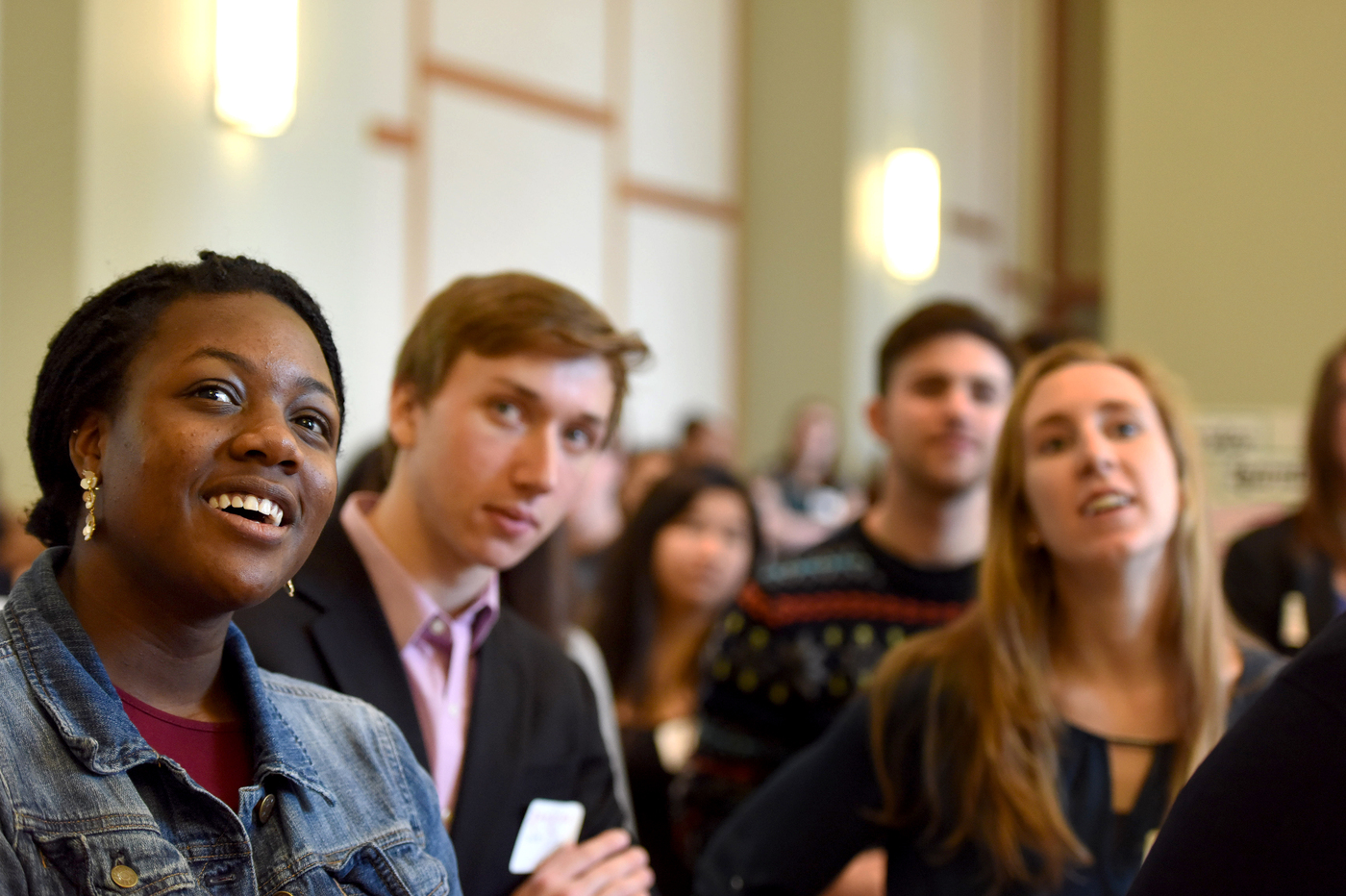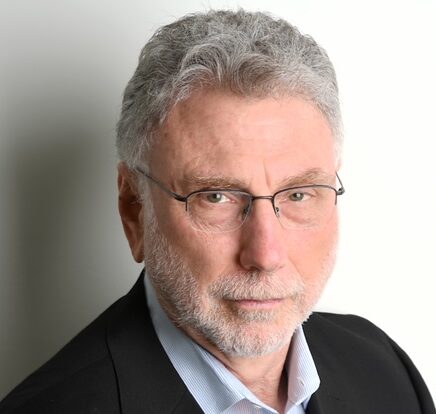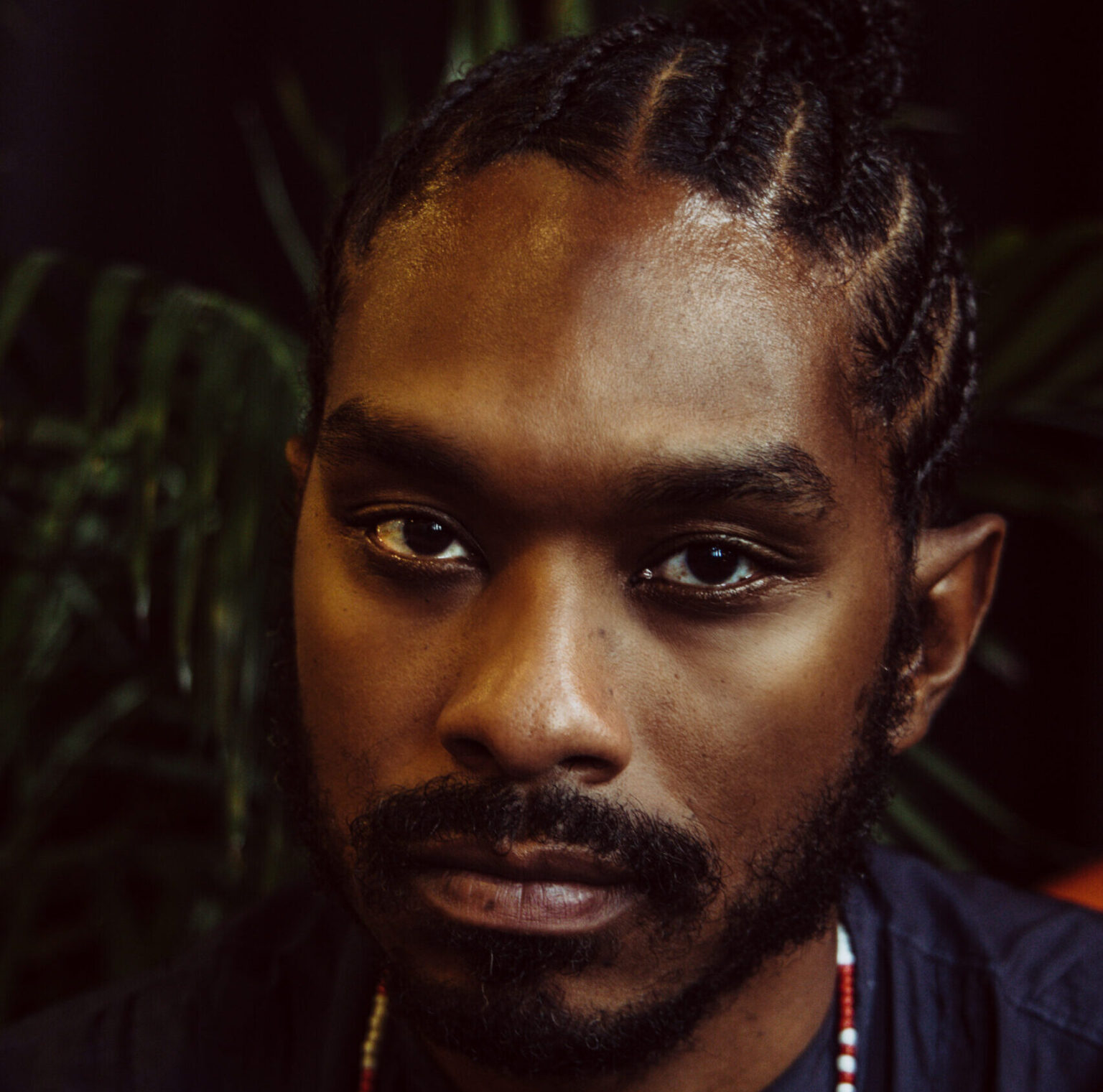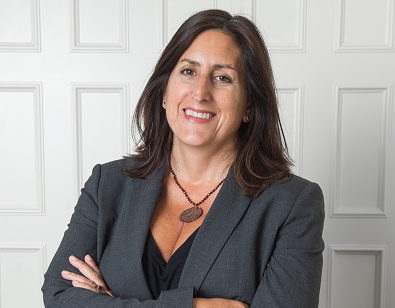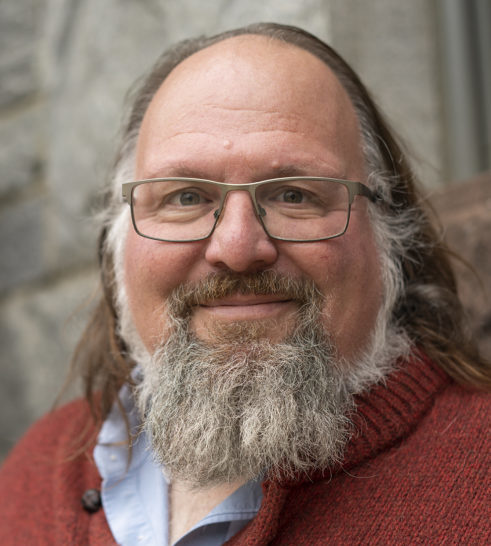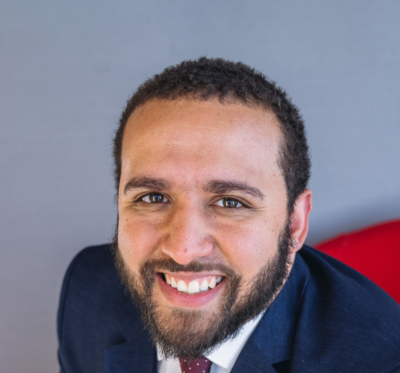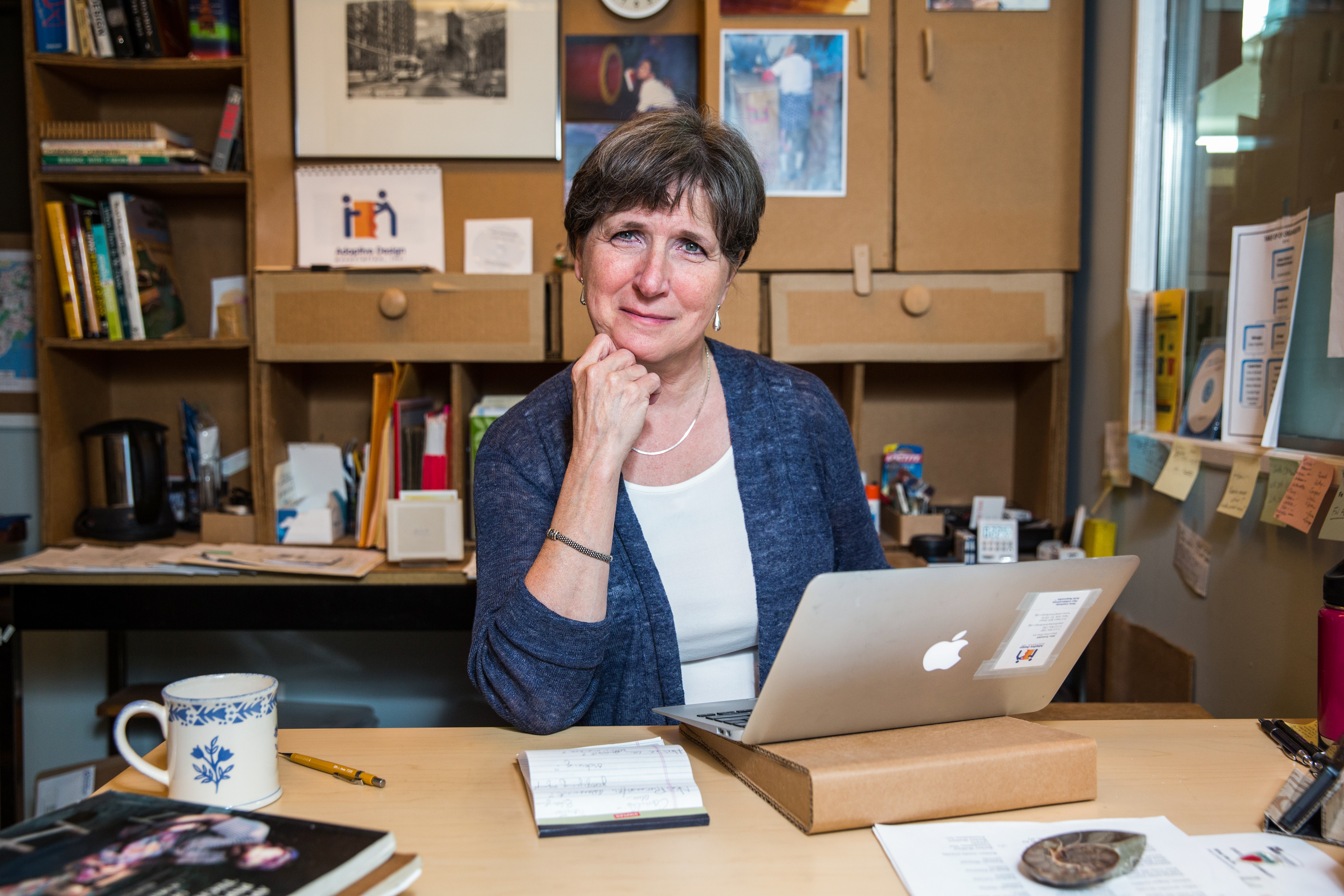
Dean’s Distinguished Lecture: Elizabeth Churchill
March 28, 2024
The College of Arts, Media and Design is thrilled to announce that Elizabeth Churchill, Director of User Experience at Google, will be visiting CAMD as Dean’s Distinguished Lecturer on Thursday, March 28.

